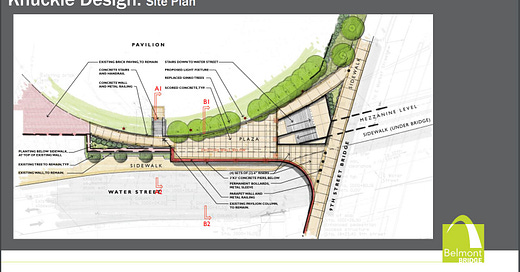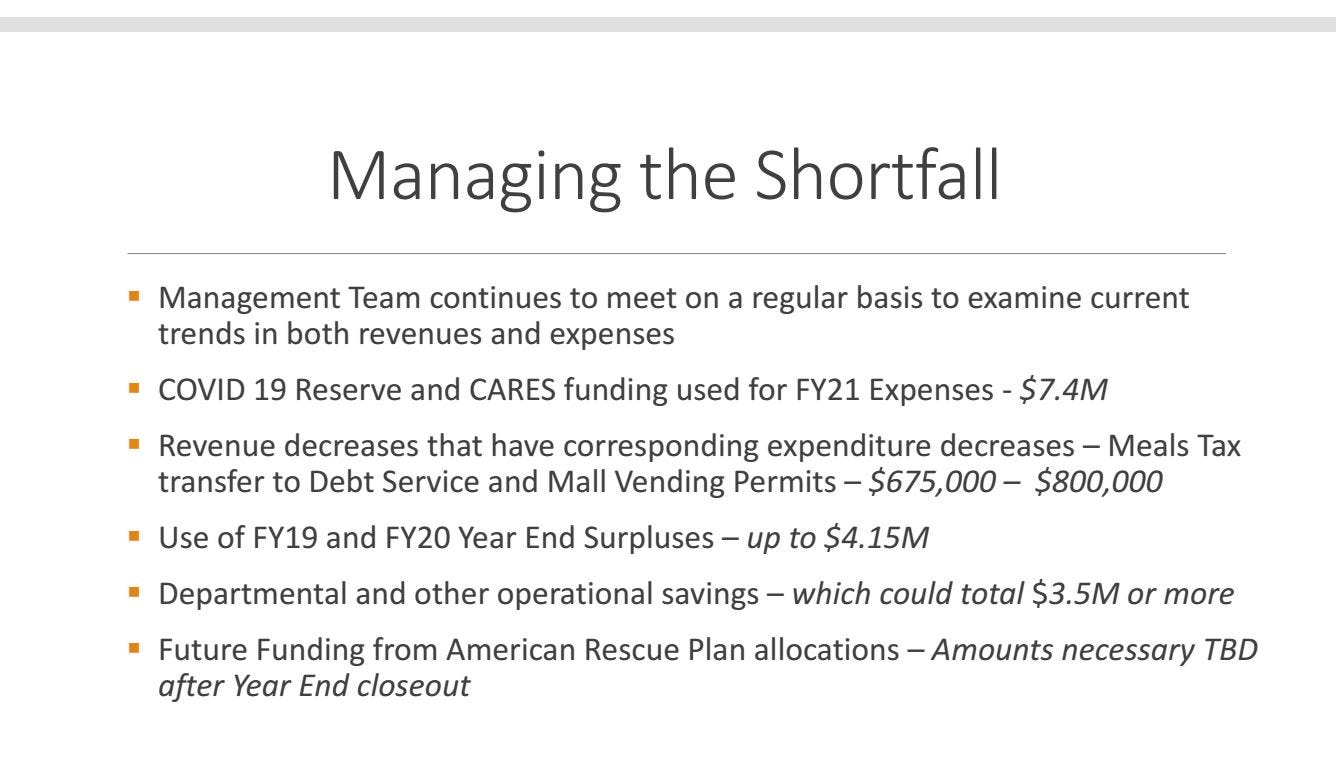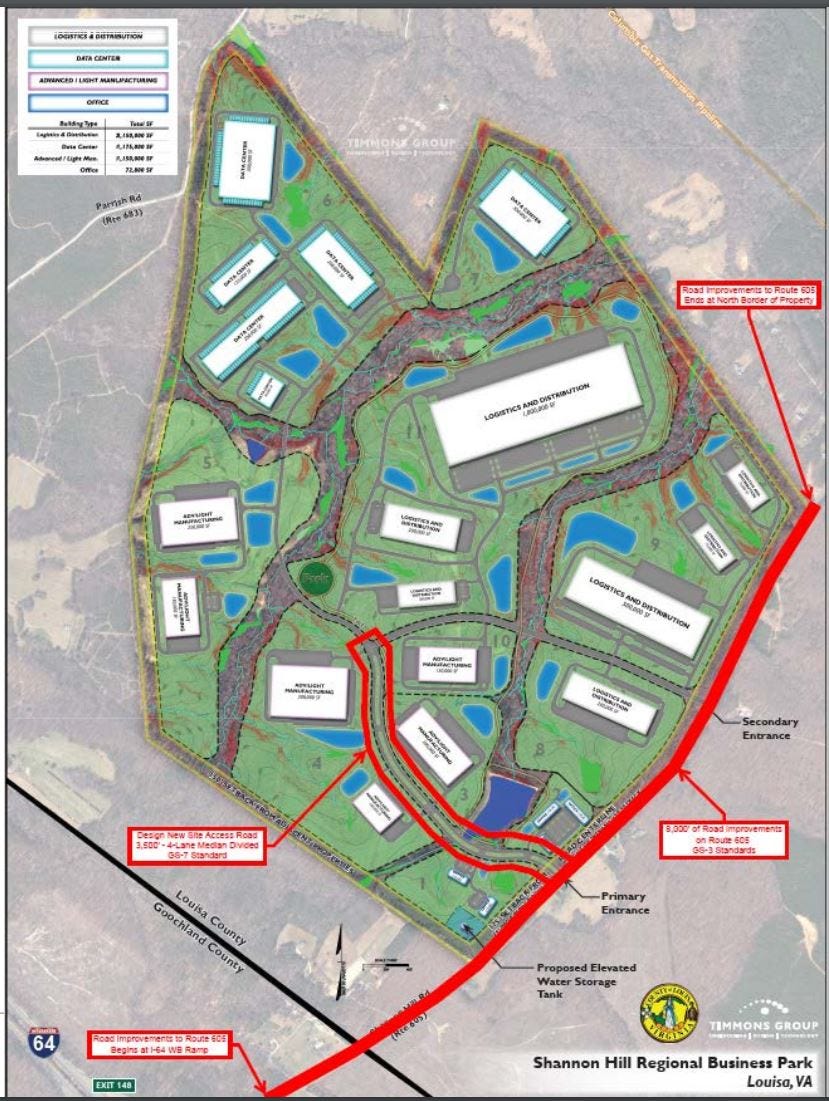In today’s reader-supported public service announcement, the Charlottesville Area Tree Stewards is getting ready for a series of fall classes for new volunteers. The Charlottesville Area Tree Stewards increase public awareness of the value of trees in all environments, rural and urban. The Fall 2021 class will involve a combination of online training sessions and field activities with a maximum of 32 students to facilitate the best field training possible.
The registration period opens on June 15 and slots will fill quickly! With a 15-week duration beginning August 7th and ending November 13th the online classes will precede the field activities held on every other Saturday at various locations in the Charlottesville area. Learn more at charlottesvilleareatreestewards.org.
On today’s show:
Charlottesville City Council gets an update on city finances and how cost overruns for an infamously planned piece of Belmont infrastructure will be bridged
The Commonwealth Transportation Board hears about items in Louisa County and Nelson County
And the Board of Equalization spent all day hearing appeals of property assessments, but not one for the Omni Hotel
There are only about six weeks left in the current fiscal year and there’s no change in the projected $8.35 million shortfall between what the city will spend and what revenues will come. Senior Budget Analyst Ryan Davidson told City Council yesterday that staff don’t think it will get worse and they are no longer considering a worst case scenario.
“Based upon the current conditions and what we’re seeing in terms of revenues, things are trending in a positive direction,” Davidson said. “We’ve removed that further downturn scenario as it seems very unlikely at this point that we would revert back to the worst case scenario.”
Davidson said sales and lodging revenues are still volatile, but things are trending in the right direction.
“Receipts collected for January, February, and March were much better compared to prior months and therefore based on those new receipts we have increased those projections in our last revision,” Davidson said. “And in this past month, our collections again have slightly exceeded our projections.”
How to close the shortfall? Davidson said the city has not yet tapped into the $6.7 million COVID reserve fund it set aside in the current fiscal year, and the shortfall does not include use of a surplus from fiscal year 2019 or department savings in the current. But, there’s no rush to balance the books until after the fiscal year has ended.
“We know those figures around November, December, January time frame towards the end of the year, and we’re currently working to come up with some estimates but nothing can be finalized until later in the year and we’ll be discussing that with Council as we move through the year,” Davidson said.
*
After that financial report, the executive director of the Charlottesville Redevelopment and Housing Authority had an update on a program approved by Council in fiscal year 2018 to provide additional funding for rental assistance. The program is known as the Charlottesville Supplemental Rental Assistance Program and allows CRHA to issue more vouchers to households who have incomes less than 60 percent of the area median income. (Sales’ report)
“We currently have 70 families that are enrolled in the program and two of those families are searching for homes in the city of Charlottesville and 68 of them are already housed,” said John Sales. “With 36 of them living in the city of Charlottesville and 32 living in the county but working in the city.”
Sales said 58 percent of the recipients have incomes below 30 percent of the area median income.
“A majority of those families are working, so they are working but just not earning enough wages to pay for their housing,” Sales said.
There are 122 families on the waitlist for the program. Sales said no new families were processed in 2020 due to the pandemic. Because many participating families lost income during the shutdown, Sales said CRHA has been paying larger amounts to landlords.
“There were a lot of increases in what CRHA’s obligation was,” Sales said.
Sales said one policy consideration going forward is whether there should be a time limit on the assistance to make sure more people can take part in the program.
“There aren’t any guidelines on how long someone can be assisted in the program, but without adding a whole lot of new funding, you’re always going to be assisting the same families,” Sales said.
Sales said another conversation that needs to happen is related to fair market rents. He said the CSRAP program is capped at paying no more than 110 percent of fair market rent. The fair market rent for a three bedroom unit in the Charlottesville MSA is $1,575 a month.
“That really limits where individuals can rent in the city to where they have to go to the county and normally they are in the same communities,” Sales said. “In the HCV program, we probably have 40 or 50 families in one housing community just because that is typically a low-rent community. And it’s like that in most of the communities so if we really want to put members, low-income individuals, in all sectors of the community, we really need to do some work around the fair market rents.”
Sales recommend increasing the maximum fair market rate to 125 percent for Charlottesville properties and decreasing the amount for Albemarle to 100 percent. Later on in the meeting, Council adopted a new agreement to govern the program that made those changes. They did not reach conclusion on whether CSRAP funding should be used to help cover the cost of security deposits. A second program for that function was authorized by a previous Council but has not yet been implemented by city staff. Vice Mayor Sena Magill expressed interest.
“I do think it’s really important that we are looking for security deposit help,” Magill said. “I know when I worked at Region 10, that was always probably the hardest thing to try to find was security deposits for people.”
*
But the main event at Council’s meeting was direction to proceed with a plan to use millions of funding from the Virginia Department of Transportation to cover another cost overrun for the long-planned Belmont Bridge replacement. The project was put out for construction bids in February with a $31 million cost estimate. According to the city’s Urban Construction Initiative manager Jeanette Janiczek, that wasn’t enough money.
“The lowest responsive, responsible bid can be awarded with existing project funds, however there is a need for additional funding, $4.2 million, to cover contingency, construction inspection services, VDOT oversight, as well as utility relocation,” Janiczek said.
VDOT has suggested adding funds from its bridge maintenance account, something referred to as State of Good Repair. Janiczek said possible reasons for the higher estimate include inflation, increases in material costs, and potential issues related to the pandemic.
Janiczek said one choice would have been to remove items from the project, such as a pedestrian tunnel on the southern end.
“Any of these options would result in us having to rebid the project,” Janiczek said. “This adds at least a year in time but most importantly it doesn’t fulfil the commitments we’ve made to the public as well as the Board of Architectural Review.”
Janiczek if the appropriation of the VDOT goes forward in June, construction could begin this summer. Another public meeting will be held when the contractor is hired to explain how traffic will continue to use the bridge during construction.
“So once they submit their baseline schedule, we’ll release that to the public and let people know what to expect during construction,” Janiczek said.
Asked by Council if the project costs could increase, Janiczek said many of the prices for materials would be locked in as soon as the construction contract begins.
City Manager Chip Boyles said he thought construction costs would increase as the federal government prepares to make billions of investments in infrastructure projects. That’s why he r
“If this project is delayed, we’re already seeing very substantial inflationary projections into the near future,” Boyles said. “If President Biden’s infrastructure package that is in Congress is approved, you will see multiple fold of capital projects underway. If this had to be rebid, I would say that we would end up with less product and at least the same amount or more of the cost.”
The second reading of the appropriation will be on the consent agenda for Council’s June 7 meeting. They’ll next meet on May 25 to have a work session on the 7th Street Parking garage followed by a May 26 joint meeting with the city School Board on the reconfiguration of the city’s middle schools.
Council adjourned their meeting before 8 p.m. something that newcomers to city government should never ever expect.
You’re reading Charlottesville Community Engagement and it’s time for another subscriber-supported public service announcement.
This spring, the Central Virginia Regional Housing Partnership is holding a speaker series to illustrate various topics related to affordability. This time around, the guests discuss the role that transportation costs factor into household budgets. They are: Todd Littman of the Victoria Policy Institute; Steven Johnson, Planning Manager for Jaunt; Albemarle Supervisor Diantha McKeel, chair of the Regional Transit Partnership. The event begins at noon. (register)
*
The Commonwealth Transportation Board met all over the state today in what might be their last all-virtual meeting. Items at the meeting today included a discussion of an economic development project to pay for design of road improvements to support the Shannon Hill Regional Business Park in Louisa County. The funding would come from something called a Major Employment and Investment grant. Russell Dudley is with VDOT’s local assistance division.
“It is a project that supports a facility that is expected to generate $250 million of capital investment and create more than 400 full-time jobs,” Dudley said.
The Shannon Hill Regional Business Park is about half a mile from Louisa’s border with Goochland County and three-quarters of a mile from I-64.
“The business park totals 700 acres and design plans call for an 8,000 feet of roadway improvements along Route 605 with improvements to begin at the I-64 westbound ramp and end at the northern end of the business park,” Dudley said.
The current funding is to cover some of the cost of design of the project. Dudley said there is an “undisclosed business” that Louisa County is working to be a major tenant of the park.
Allison DeTuncq, the Culpeper District representative on the CTB, said she supported the project.
“I think it’s a great opportunity for Louisa County and the surrounding areas,” DeTuncq said.
The CTB also agreed to cancel a funded Smart Scale project in Nelson County. There had been a plan to create a Restricted Crossing U-Turn at the intersection of U.S. 29 and Virginia Route 6 north of Lovingston. Kimberly Pryor is VDOT’s director of infrastructure investment.
“This project was submitted by Nelson County in round 3 of Smart Scale,” Pryor said. “The total original project was $2.7 million.”
A separate project to address safety through less expensive means has been installed in the meantime.
“They installed some traffic-activated flashing beacons, they improved the pavement markings, and also installed some signage improvements,” Pryor said. “Since completion of that project there’s been significant improvements in the safety issues. There’s been a significant decrease in accidents. Total crashes and angle crashes have been reduced by about 50 percent.”
As a result, staff are recommending not proceeding with the project and the Nelson Board of Supervisors endorsed the idea in April. The funding will go back into the pool for other Smart Scale projects.
*
Finally today, the Board of Equalization met for their annual meeting to hear appeals of property assessments. Fifteen different requests from property owners went before the BOE, and before the first item began, board members discussed various items. Members are appointed by the Circuit Court to serve as independent arbiters of property assessments.
As reported in the Daily Progress in April, The Omni Hotel has filed a lawsuit against the city of Charlottesville for the 2020 assessment of $46.5 million for the land and structure, but have not challenged the 2021 assessment of $34.84 million according to city assessor Jeffrey Davis.
“They were comfortable for the values that we had assigned this year so they did not go to the Board,” Davis said.
Overall, total property assessments were up by 2.3 percent on 2021, with residential properties increasing an average of 4.3 percent and commercial properties decreasing by 0.19 percent.
“I think everybody was probably expecting a reduction rather than going in the other direction,” Davis said. “And it is absolutely crazy this year, I tell you so far it’s been, you all know I’m sure. You see it every day.”
However, Davis said the market could change as conditions change. I will have more from this meeting in a future installment.


















Share this post